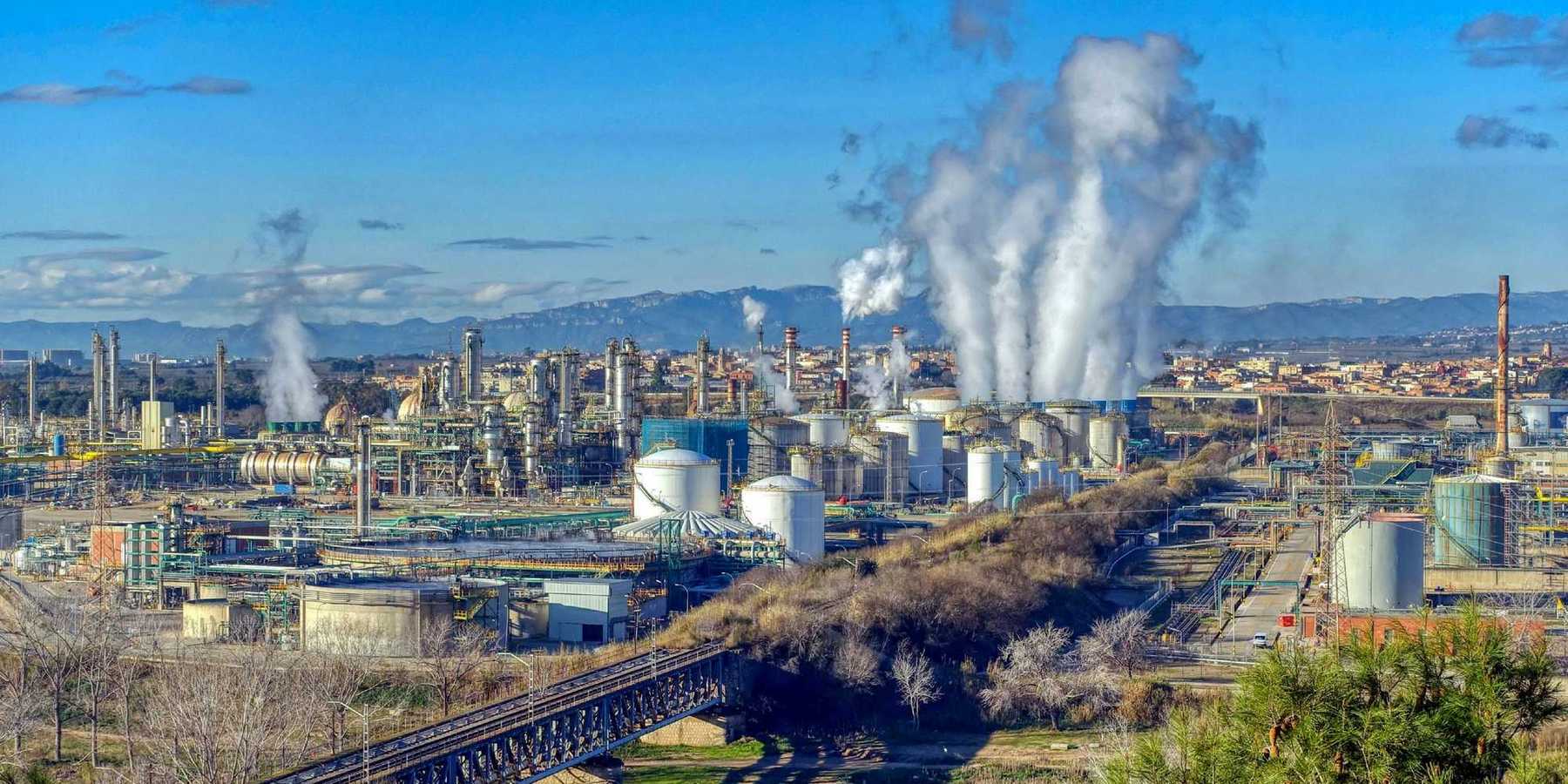hydrogen energy
Truck makers face tough choices on hydrogen and battery options
Truck manufacturers are under pressure to cut emissions, but there's no clear winner between battery-powered and hydrogen fuel cell trucks.
In short:
- Heavy-duty trucks make up 28% of transport emissions in Europe, pushing manufacturers to explore zero-emission alternatives.
- Batteries have advanced in efficiency and cost, making them the preferred option, though hydrogen offers better range and weight advantages.
- Battery electric trucks are more cost-effective, while hydrogen trucks, despite higher fuel costs, are better suited for heavier loads.
Key quote:
"There were many preconceived notions about what batteries could do. They were too expensive, too heavy, too big. But what has happened in the last few years is mind-boggling."
— Felipe Rodriguez, director, Heavy-Duty Vehicles Program, ICCT.
Why this matters:
The truck industry’s move towards cleaner energy will shape global emissions. Choosing the right technology now could reduce long-term environmental damage while keeping costs manageable.
Politicians and businesses meet in Namibia to discuss hydrogen's role in green energy
African leaders and international investors are gathering in Namibia to explore hydrogen's potential in driving the continent’s green energy future, despite challenges related to cost and infrastructure.
In short:
- Namibia's three-day summit aims to attract investment in hydrogen, positioning it as a key player in Africa's green industrial revolution.
- Green hydrogen, though promising, remains costly and currently represents less than 1% of global production.
- Expanding renewable energy sources and infrastructure is crucial for hydrogen to become a viable fossil fuel alternative.
Why this matters:
Hydrogen could significantly reduce reliance on fossil fuels, but its high production costs and the need for new infrastructure pose significant challenges.
Hydrogen energy projects set to transform New Mexico
Plans for hydrogen production, transportation, and power generation are emerging across New Mexico, raising environmental and economic concerns.
In short:
- Tallgrass Energy is leading multiple hydrogen-related projects in New Mexico, including converting a coal plant and constructing a hydrogen pipeline across the Navajo Nation.
- The production of hydrogen, especially from natural gas, raises environmental issues due to carbon dioxide emissions and methane leaks.
- Critics argue that the projects may not bring the promised economic benefits to the Navajo Nation and could lead to further environmental degradation.
Key quote:
"How companies choose to produce that hydrogen will fundamentally be a business decision they must make. Our greatest opportunity as a state is producing hydrogen from a range of feedstocks."
— Michael Coleman, director of communications to Gov. Lujan Grisham
Why this matters:
New Mexico’s vast open spaces and abundant sunshine make it an ideal candidate for green hydrogen production, which relies on renewable energy to split water molecules. This method produces no carbon emissions, positioning it as a promising alternative to fossil fuels. However, most hydrogen production currently relies on natural gas, leading to significant carbon emissions and questions about the true environmental benefits.
Read more about hydrogen technology: Rethinking Pennsylvania's hydrogen hub and its public backlash
Hydrogen energy back in the vehicle conversation at CES 2024
3 questions will shape Biden’s hydrogen plan
Editorial: Hydrogen isn’t clean if it adds to climate pollution. Biden’s rules are a good start
We can’t afford to squander tens of billions of federal climate funding on projects with questionable environmental effects.









